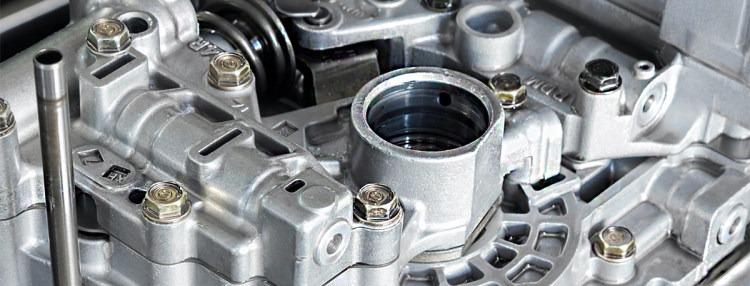What Are the Limitations of CNC Machining?

Despite its many advantages, CNC machining has limitations that must be considered when selecting a manufacturing method. Here's a breakdown of some significant limitations:
Cost:
l High Initial Investment: CNC machines can be expensive, and establishing a CNC machining operation necessitates additional investments in tooling, software, and skilled labor. This can be a barrier for smaller businesses or projects with limited funding.
l Complexity Increases Cost: More intricate designs with tight tolerances or complex features frequently necessitate specialized tooling and slower machining speeds, increasing production costs per part. In general, simpler geometries with larger tolerances are less expensive.
Material Constraints:
l Limited Material Selection: While CNC machines can work with a variety of materials, they may not be appropriate for all applications. Extremely hard or brittle materials can be difficult to machine, and some exotic materials may necessitate specialized tooling or techniques.
l Size Restrictions: Each CNC machine has a specific work envelope (maximum travel distances) that limits the size of the parts it can manufacture. Larger parts may necessitate specialized machines or alternative manufacturing methods.
Design Considerations:
l Design for Manufacturability: Designs must be optimized for CNC machining to avoid problems such as tool accessibility, thin features, and sharp corners. This may necessitate design changes or compromises in comparison to the initial vision.
l Minimum Feature Size: A CNC machine's tool size and precision limit its ability to create larger features. Very small details or thin walls may not be possible.
- Art
- Causes
- Crafts
- Dance
- Drinks
- Film
- Fitness
- Food
- Jogos
- Gardening
- Health
- Início
- Literature
- Music
- Networking
- Outro
- Party
- Religion
- Shopping
- Sports
- Theater
- Wellness


